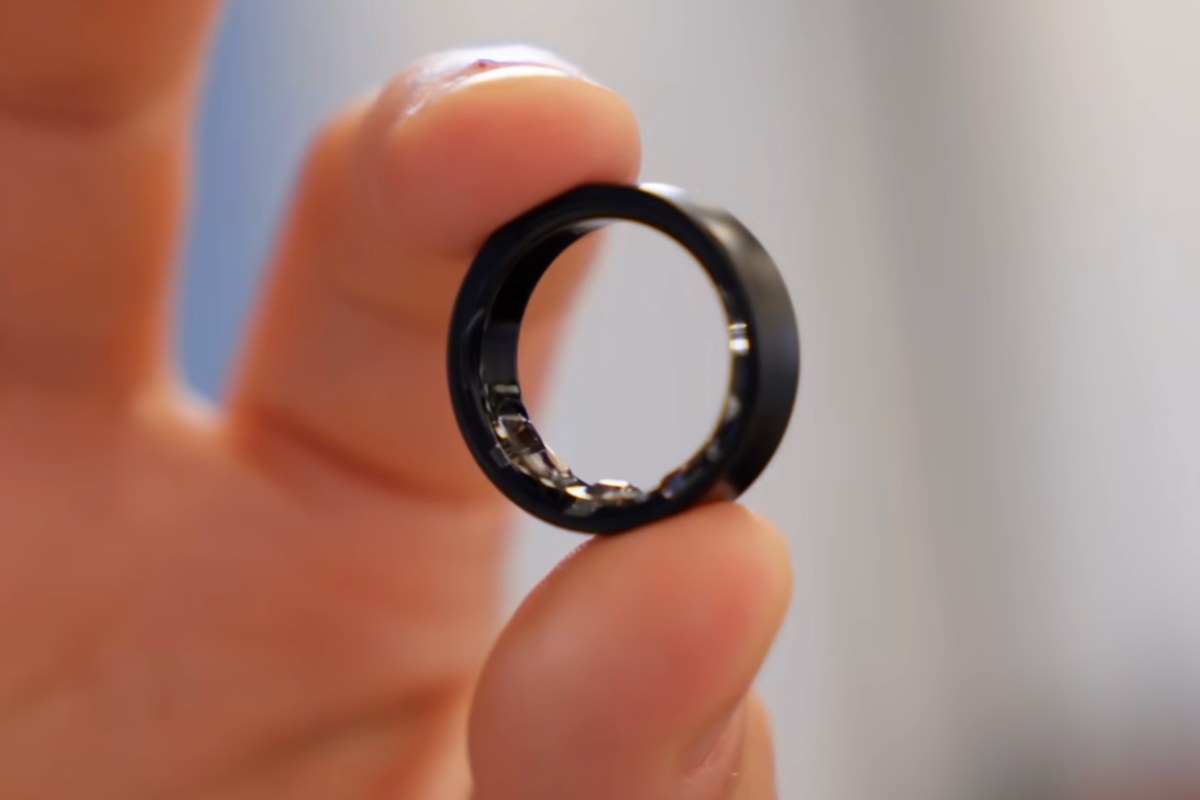While not without the common pitfalls of first-generation products, the Ring offers an innovative approach to health monitoring.
Samsung has launched a new product that promises to revolutionize the wearable health device market. After the launch of the popular Galaxy S24, the Korean company continues this successful 2024 by introducing the Samsung Galaxy Ring. This new smart ring has attracted a lot of attention, especially considering that Samsung has never explored this segment before.
The launch of the Galaxy Ring also marks an important moment for the technology industry The first smart ring from a major tech brand. To date, the market has been dominated by small producers, such as Ora, who consolidated the legitimacy of this type of product. The big question is: Does the Samsung Galaxy Ring live up to expectations?
Health Monitors and More: Is It Really Worth Buying?
The Samsung Galaxy Ring is a wearable health tracking device, designed to be simple and discreet. Unlike smartwatches and fitness trackers, the Galaxy Ring It has no display, vibrates or makes noise. Sensor inside the ring They monitor health 24 hours a dayTransmitting data to a connected smartphone for a complete view of wellness.
The ring is Made from grade five titanium, available in three finishes: Black Titanium, Silver Titanium and Gold Titanium. Despite its rigidity, the Galaxy Ring is surprisingly light, weighing just three grams. However, the dimensions are variable, making it suitable for a wide range of users.

Galaxy Ring Monitor your heart rate, steps and sleep, but does not include advanced features such as ECG or blood oxygen monitoring The simplicity of its functions allows for a long life drumwhich may come Up to six or seven days on a single charge. This makes the Ring particularly useful for sleep tracking, a feature often overlooked by bulkier devices like smartwatches.
The Galaxy Ring integrates seamlessly with the Galaxy Watch, allowing a split of monitoring duties that optimizes the power efficiency of both devices. During physical activity, like running, the Galaxy Watch uses GPS for more accurate tracking, while the Galaxy Ring focuses on other health metrics.
The Samsung Galaxy Ring has one 449 euro list priceIt is positioned at the higher end of the market compared to competitors like the Oura Gen 3. However, unlike Oura, Galaxy Ring doesn’t require a monthly subscription to operate its core features, making it a more cost-effective investment in the long run.
clearly, The Samsung Galaxy Ring undoubtedly represents an interesting innovation in the panorama of wearable health devices. While not without the common pitfalls of first-generation products, the Ring offers an innovative approach to health monitoring. The Galaxy Ring can be an attractive purchase for those who are interested in new technology, while For more cautious users, waiting for the second generation might be the best choice.










/cdn.vox-cdn.com/uploads/chorus_asset/file/25230416/DSC06307_processed.jpg)
/cdn.vox-cdn.com/uploads/chorus_asset/file/25194279/Vizio_TV_D_Series_Lifestyle.jpg)
